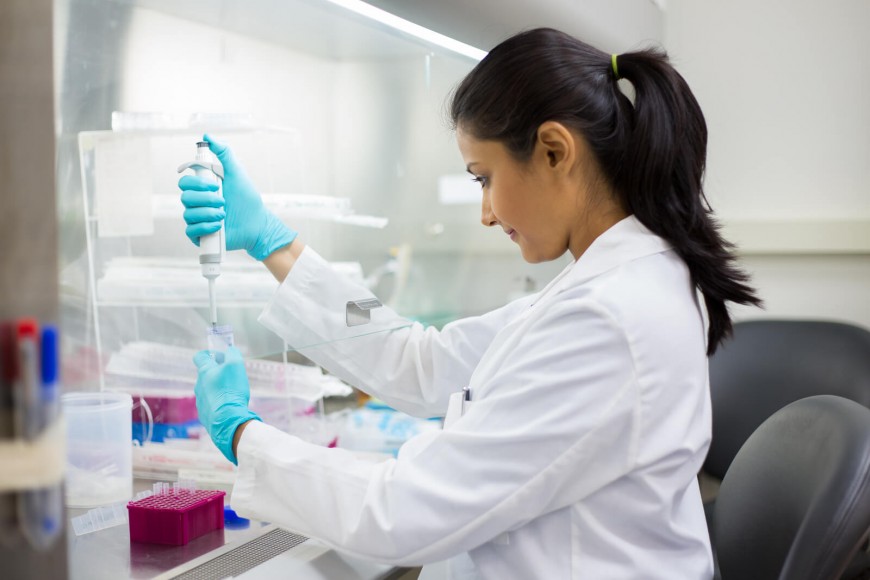We know how difficult it can be to regain your confidence after having a mastectomy. Even if you find mastectomy swimwear that you’re happy with, it can still take time before you’re fully confident with your body again. It’s a life-changing operation and one that you don’t want to undergo unnecessarily.
But now there has been progress in the form of a new genetic test that can further refine a person’s individual risk of developing the disease. While it’s well known that carrying the BRCA1/2 gene can increase your risk of developing breast cancer, not everyone with the gene will.
A one-size-fits-all approach to the outcome of genetic testing isn’t the way to go, with this new research able to refine the risk level for those who have the mutation and thereby enable doctors to provide more tailored advice on the next steps.
In some cases, this could still mean a pre-emptive mastectomy, but in others the risk may be low enough that this isn’t required.
Charity Prevent Breast Cancer part-funded the research, which was conducted by Professor Gareth Evans and his team at Manchester University NHS Foundation Trust.
The test, which is due to be used in clinical practice in the coming six months, uses DNA analysis alongside other risk factors such as family history of the illness, height and weight, and age of first period and menopause, to build up a more detailed and personal picture of each patient’s risk.
Professor Evans commented: “BRCA1 and BRCA2 are just part of what we should be looking for when assessing risk.”
He added: “This new test will help women at risk of familial breast cancer to make more informed decisions about their care.”
Although many more women are now aware of genetic mutations such as BRCA1/2, there is still not enough awareness of the physical signs of breast cancer, an Avon survey recently revealed, with 58 per cent of women questioned uncertain of the outward signs of breast cancer.







Comments are closed.